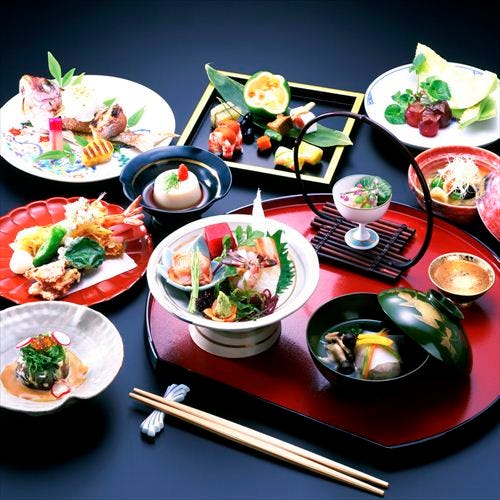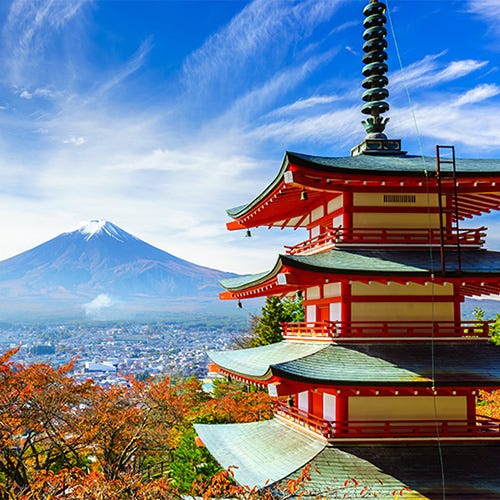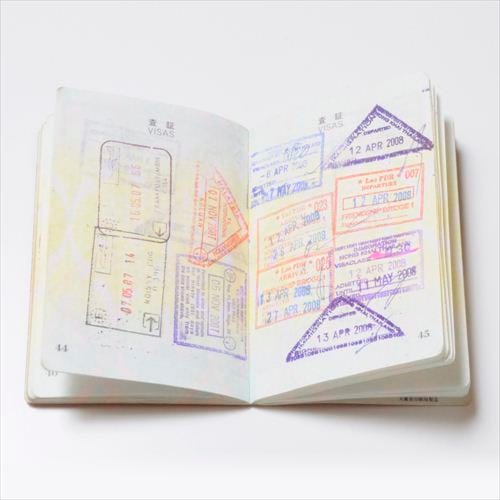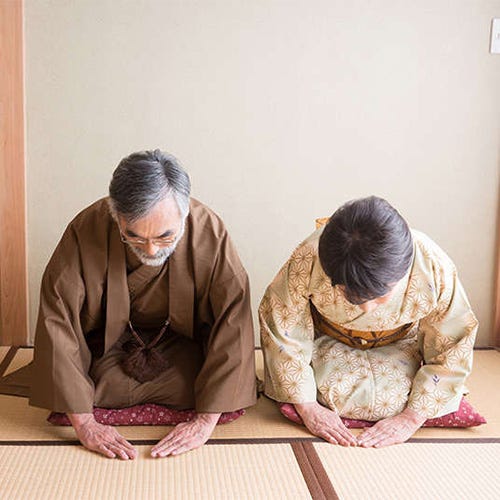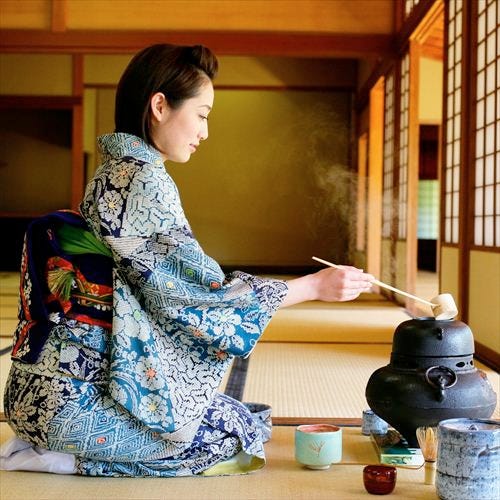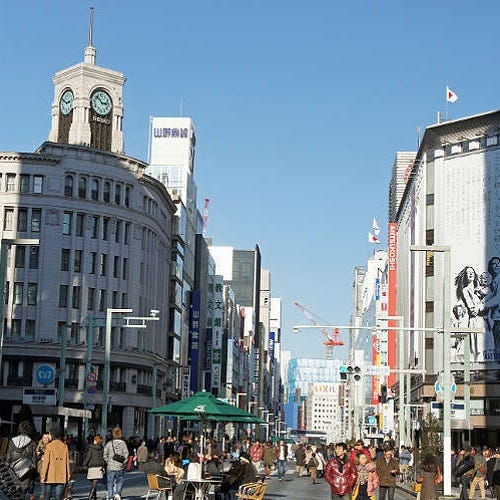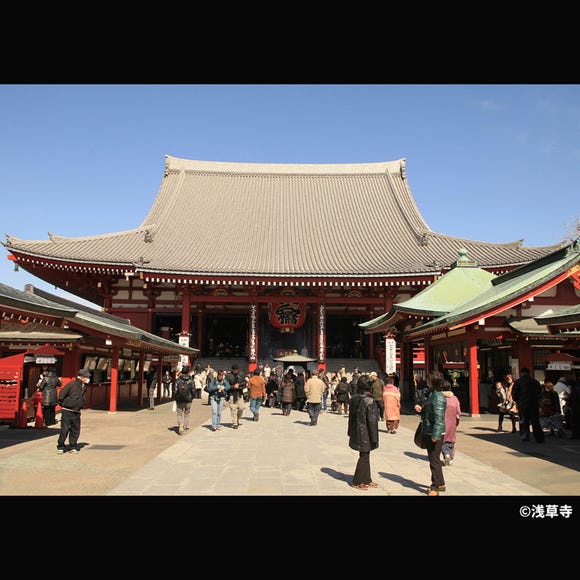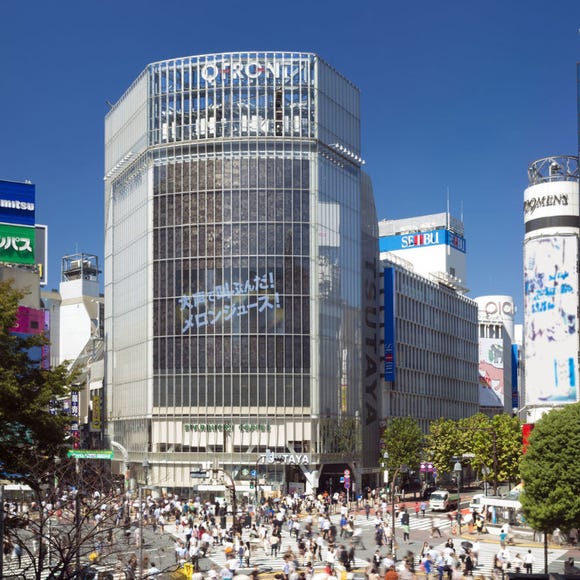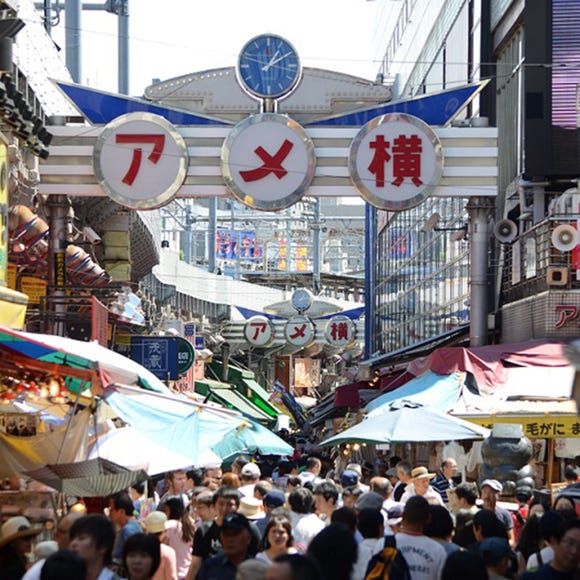
Traveling has its array of purposes for everyone. Yet, one of the unparalleled joys surely comes from immersing oneself in lifestyles distinct from our own. And there's always that intriguing moment when we return and suddenly recognize the unique characteristics of our own culture.
Today, let's dive into the personal reflections of world wanderers who've ventured through or settled in Japan, and the realizations they had post-departure. (Note: Opinions are based purely on insights from our survey respondents.)
Japan Overflowing with 'Kawaii' Everywhere You Look!
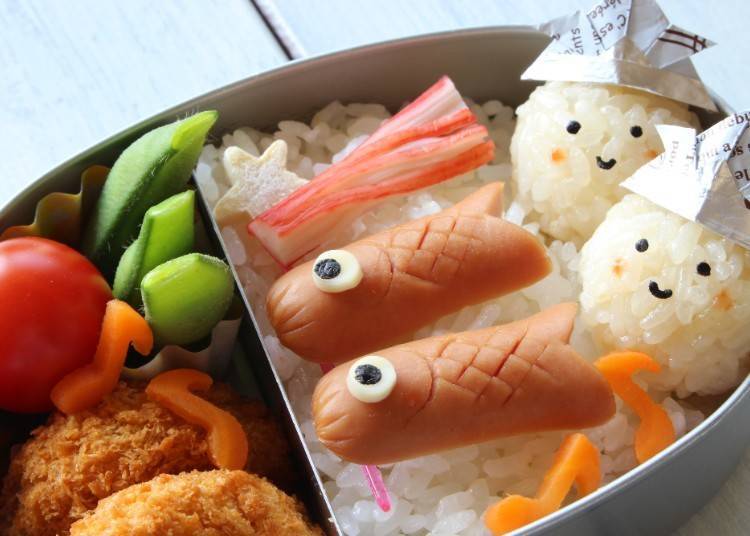
"In our country, 'cuteness' isn't really a benchmark. Hence, we barely have things that would be labeled 'cute'. But in Japan? There's adorable music and manga practically everywhere!"
These are the words of Samantha, a student hailing from the US. In Japan, you'll find charming tunes playing in stores, supermarkets, pharmacies, and even offices - a scenario she felt is distinctly absent back in the States.
Indeed, 'kawaii' (cute) elements and culture are omnipresent in Japan. From services at police stations to hospitals, the 'cute' factor is often incorporated. Regional mascots, known as 'Yuru-chara', are another facet of this cuteness culture. The fact that children and adults alike, irrespective of age, background, or gender, can relish 'cuteness' at almost every corner, seems to be a distinctive Japanese trait.
A Different Level! Japan's Convenient and Handy Convenience Stores

While numerous Japanese convenience stores (konbini) have branched out overseas in recent years, visitors to Japan often have an 'aha' moment when they grasp just how user-friendly and resourceful the Japanese versions are compared to their international counterparts.
Anil, originally from Canada, was first taken aback by the sheer number of konbinis in Japan. He shares, "Back home, I have a 7-Eleven near my place. It's not particularly large, and its offerings are pretty basic, like soft drinks, snacks, and some fast food. However, while in Japan, I'd come across about three convenience stores within minutes of each other. And the range was astonishing - from grocery-like assortments to beauty products, alcoholic beverages, pet food, and even clothing. During my six-month stay, I visited them daily."
According to data released by the Japan Franchise Association, as of 2018, Japan boasts over 58,000 convenience stores, offering an array of services. The uniqueness of these stores, with their extensive services and product genres, seemed to stand out prominently for many visitors.
Exceptional Taste and Presentation: The Incredible Delicacy of Focusing on Every Aspect, Even Down to the Utensils in Cooking
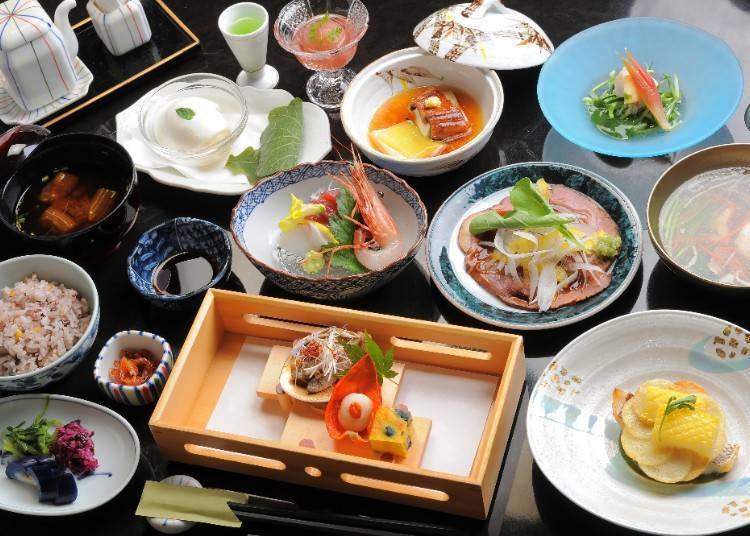
Every nation has its distinct culinary culture, preferences, and signature dishes. Yet, Japan stands out with its superior cooking techniques and the knack for presentation par excellence.
From famous dishes like sushi and tempura to delicacies like takoyaki, sukiyaki, soba, yakitori, and onigiri, not only do they taste divine, but their appearance is equally diverse and appealing.
"I've fallen in love with mochi. And yakitori paired with shochu? Absolute heaven," says Lou, an American with a penchant for Japanese cuisine. Magda, a Canadian gourmand, was particularly impressed with the meticulousness of Japanese restaurants in their presentation. "In my region, most restaurants serve dishes in huge portions. But in Japan, the way they plate their food, combining colors and textures, makes it look like a work of art. Just looking at the dishes, bowls, and cutlery was a pleasure."
She felt that the dedication to presentation and flavor nuances in Japan might be somewhat lacking back home. While these characteristics undoubtedly stem from Japan's rich culture and traditions, it's heartwarming to see foreigners acknowledging and appreciating these details.
Japan's Impeccably Clean Public Restrooms: You Might Not Want to Use Your Home Country's Anymore!
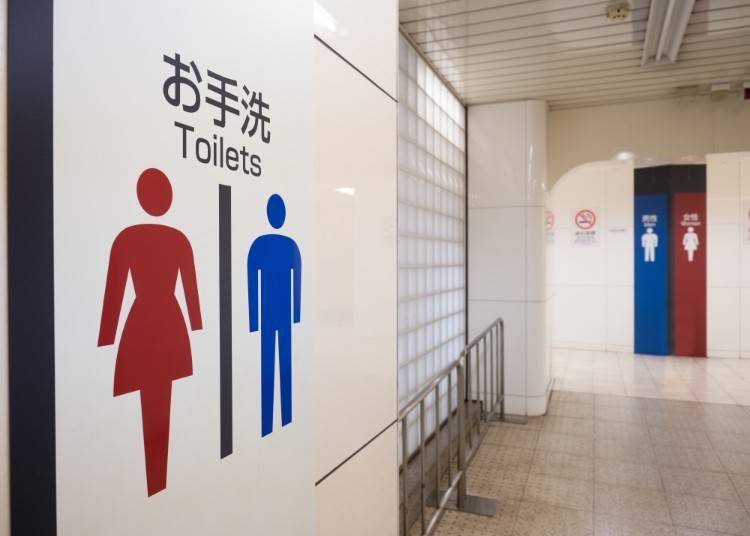
A recurrent topic of conversation among tourists and expats in Japan is the distinctness of Japanese toilets and restroom etiquette. For many foreigners, Japanese toilets are a marvel, earning high marks for cleanliness and functionality.
"It took me a while to get used to the toilets back home, especially public ones," shares Linda, who hails from New Zealand. John from Scotland expressed a similar sentiment, noting a stark difference between public restrooms in his homeland and those in Tokyo. "In Scotland, unless there's no other option, I think few would muster the courage to use a public toilet. They have a rather unsavory reputation. Witnessing the cleanliness of public toilets in Tokyo was a revelation, making me somewhat disenchanted with the ones back home."
But the admiration for Japanese toilets isn't confined to just cleanliness. Features like washbasins, doors, heated toilet seats, bidet functions, and automatic seat operations all contribute to their appeal. Even among the Japanese, there are those who, when traveling abroad, wish they could bring along the multi-functional convenience of their home country's toilets. It's truly a piece of Japanese innovation that many hope will continue to spread globally.
Bowing Too Much in Japan: The Habit of Bowing Just Won't Go Away!

The act of bowing, or "ojigi", holds a pivotal role in everyday Japanese culture. It serves as a greeting among friends, neighbors, and colleagues and is a deeply ingrained etiquette in business scenarios. It's truly a quintessential Japanese tradition.
From welcoming guests at hotels, stores, and tourist spots to bidding adieu after a drink-filled evening, the Japanese people incorporate bows into various facets of their daily life. It's so instinctive that most don't even think about it before bowing; it just naturally happens.
For foreigners who have spent a considerable amount of time in Japan, readjusting to a non-bowing culture can be challenging.
"After my frequent visits to Japan, I find myself bowing unintentionally even back home," shares Chris from the Cook Islands. Many echo similar sentiments about being caught off guard when they bow unintentionally in their native lands and are met with puzzled looks.
"I've bowed to my grandmother several times," laughs Steffi, originally from Germany. Manuel, an American, was surprised to catch himself bowing when giving way to someone. Once the gesture of the ojigi becomes second nature, shaking it off isn't easy.
Listening to these experiences, it makes one ponder - how many times have we Japanese bowed abroad, silently signaling our roots? This omnipresent gesture undoubtedly leaves a lasting impression.
Written by:

- Area
- Category
*Prices and options mentioned are subject to change.
*Unless stated otherwise, all prices include tax.
Limited time offer: 10% discount coupons available now!
Recommended places for you
-
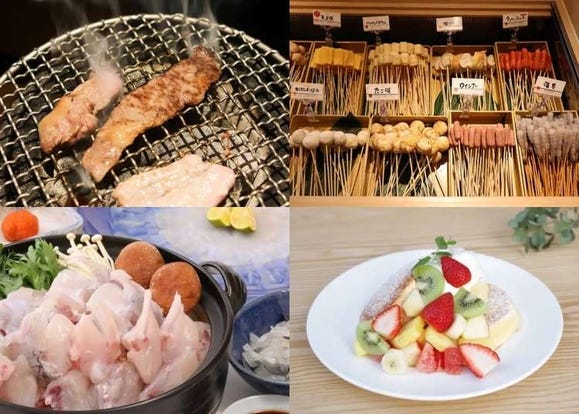
15 Must-Try Restaurants in Ikebukuro: From Aged Yakiniku to All-You-Can-Eat Sushi, Plus Adorable Animal Cafés
-
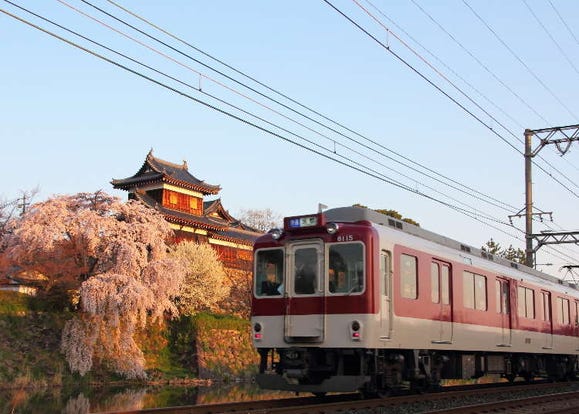
The Complete Guide to the Kintetsu Rail Pass
-
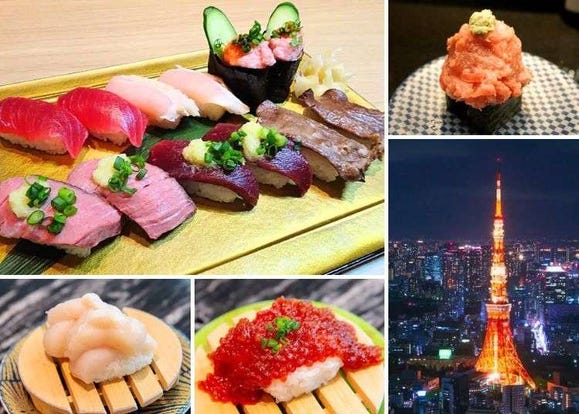
15 Must-Try Sushi Restaurants in Tokyo (+5 Trending Areas to Explore for Foodies)
-

The CASIO S100: How CASIO's Masterpiece Calculator Redefines Business Elegance With Japan-Made Reliability
-

12 Unique & Fun Tokyo Food Tours to Enjoy in 2024
-
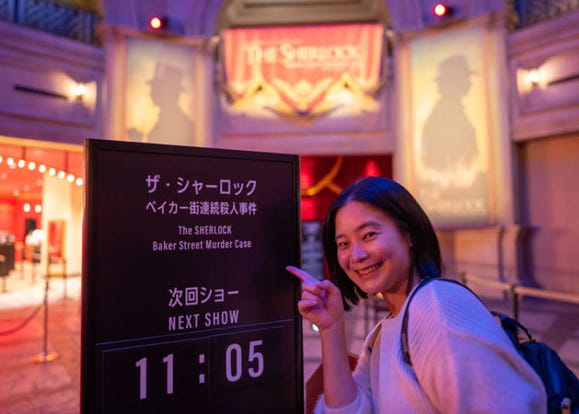
Step Into the Story: Inside Immersive Fort Tokyo
-
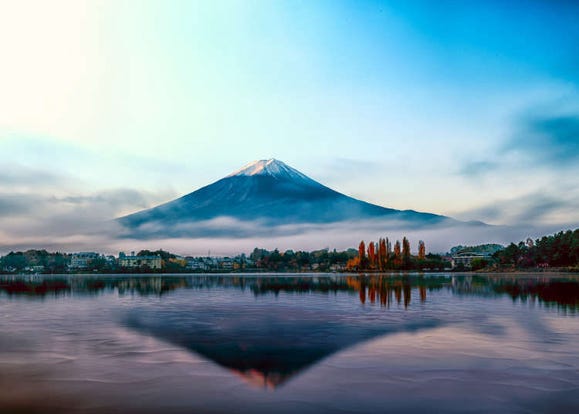
16 Secrets About Mt. Fuji, the Symbol of Japan: Even Japanese People Don’t Know That?!
-
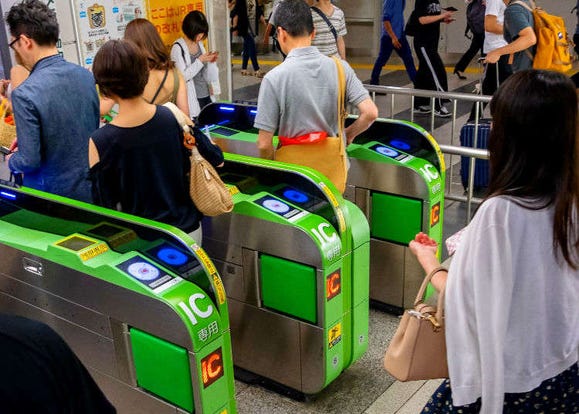
JR Edition: Visit all of Tokyo in one Day with the Tokyo Metropolitan District Pass!
-

'With My Boss'!? 4 Weird Things About Japanese Bath Culture That Shocked Foreign Visitors
-

'It Might Look Tasty But...' The Weird Ways Japanese Sweets Surprised Foreigners
-

'Too Strict!' 7 Things That Shocked a French Tourist When Visiting Japan
-
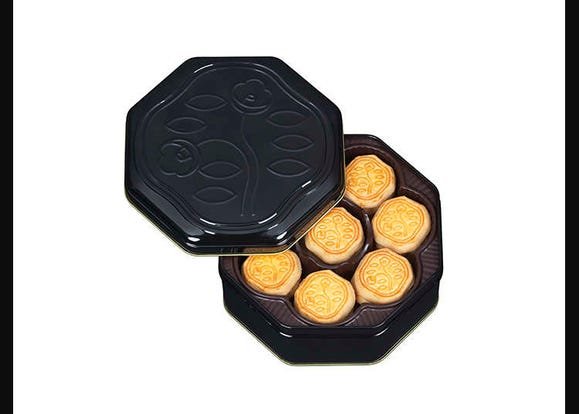
Five items you can only buy in Ginza
- #best ramen tokyo
- #what to buy in ameyoko
- #what to bring to japan
- #new years in tokyo
- #best izakaya shinjuku
- #things to do tokyo
- #japanese nail trends
- #what to do in odaiba
- #onsen tattoo friendly tokyo
- #daiso
- #best sushi ginza
- #japanese convenience store snacks
- #best yakiniku shibuya
- #japanese fashion culture
- #best japanese soft drinks
